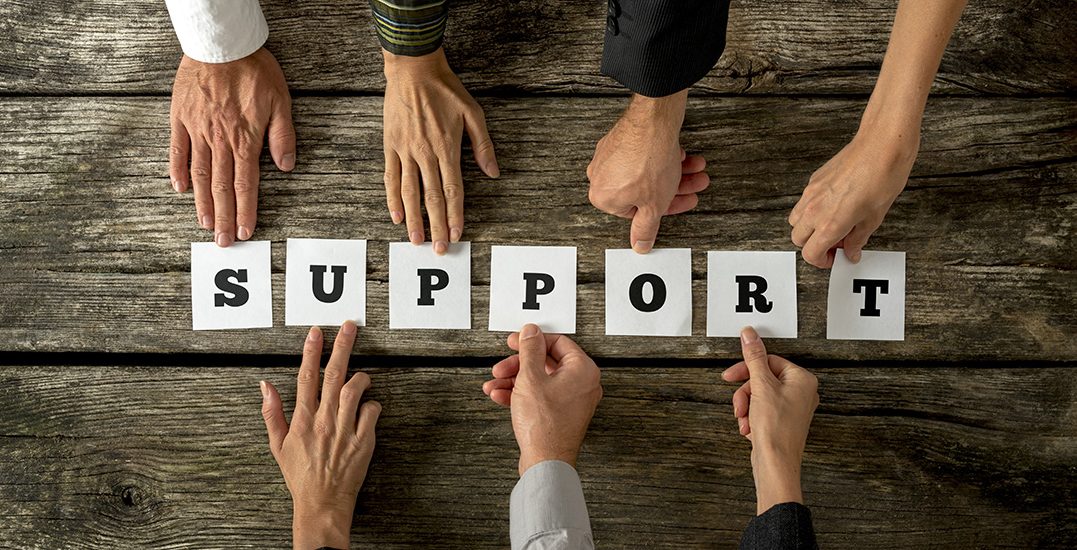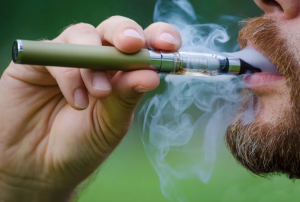Overcoming Relapse in Addiction Recovery


Recovering from addiction is a difficult journey, but it is not impossible. While achieving sobriety is a significant milestone, it’s essential to remember that relapse can occur, and it’s a common experience for many in addiction recovery. Relapse does not mean that recovery has failed; it’s a temporary setback that can be overcome with the right approach.
What is a relapse in addiction recovery?
Relapse is defined as a return to substance use after a period of abstinence. It’s an unfortunate reality that many people in recovery face, and it can be a challenging experience for both the person who relapses and their loved ones. There are various reasons why relapse occurs, including stress, anxiety, trauma, or a lack of coping skills to deal with triggers.
How to overcome relapse in addiction recovery?
It’s essential to have a plan in place for when relapse occurs. Here are some steps to take when faced with a relapse:
Acknowledge the relapse: The first step in overcoming relapse is acknowledging that it has happened. It’s important to remember that relapse is not a sign of weakness or failure, but rather a part of the recovery process.
Reach out for help: It’s crucial to reach out for support from friends, family, or a therapist. Having a support system in place can provide the motivation and encouragement needed to get back on track.
Re-evaluate treatment: Consider re-evaluating the current addiction treatment plan with a healthcare professional. It’s important to identify any underlying triggers that may have caused the relapse and adjust the treatment plan accordingly.
Practice self-care: Practicing self-care can help individuals cope with the emotions and stress that come with a relapse. Activities such as exercise, meditation, or spending time in nature can help manage anxiety and improve mental health.
Learn from the experience: A relapse can be an opportunity to learn and grow from the experience. Take the time to reflect on what caused the relapse and develop a plan to prevent it from happening again.
In conclusion, overcoming relapse in addiction recovery is possible with the right approach. It’s important to remember that relapse is a temporary setback and not a sign of failure. By acknowledging the relapse, reaching out for help, re-evaluating treatment, practicing self-care, and learning from the experience, individuals can continue on their recovery journey with resilience and determination.





